Incubating future movements in travel and culture
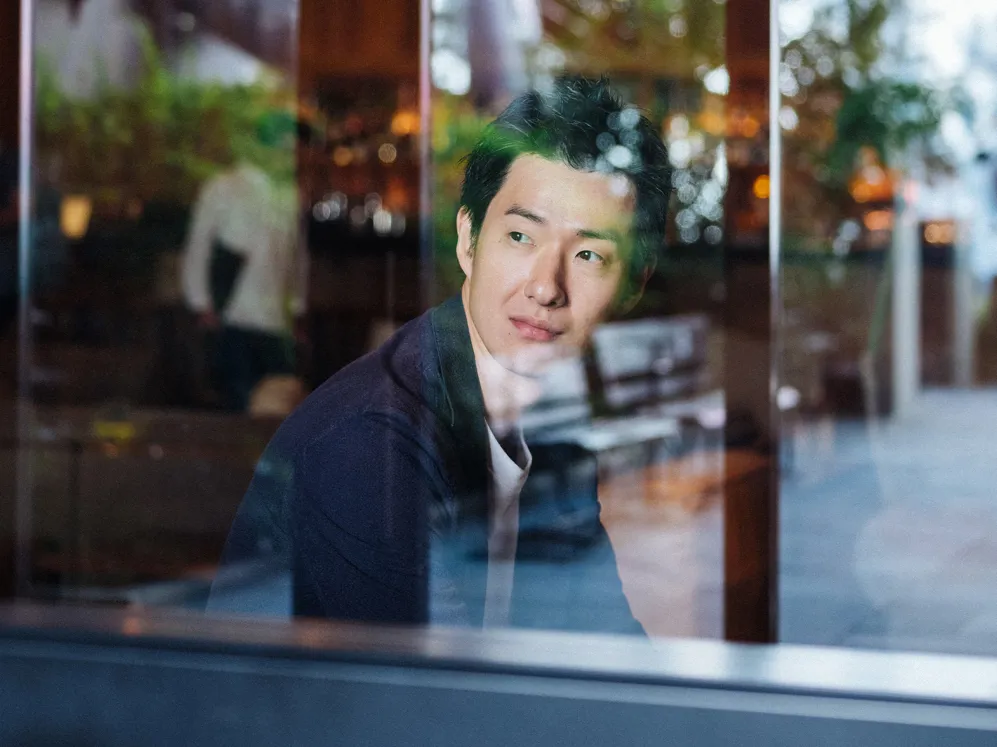
Words Frankie WechlserImages Sean Marc Lee
From micro-units to automated driving, Japanese hospitality developer Yuta Oka is enthusiastic about a near future in which advances in technology usher in a new age of hyper-mobility. Thanks to his role as one of the founders of hospitality company InSitu, boutique hotel K5, and several co-working spaces throughout Asia, Oka is helping to pioneer a new approach to working and travel. The goal? To upset the traditional office-based working model that much of Asia adheres to, while using hotel projects to revitalize neighborhoods. From a 140-year-old mansion on an island in the Seto Inland Sea, a next-generation ryokan brand, and helping a wild boar hunter start her own restaurant in a vacant shop, InSitu is helping change the landscape in Japan and beyond.
Yuta Oka: Enabling people to have freedom to work from anywhere—through technology like mobile phones and high-speed internet—has literally changed everything. In the past, people would live in a single house, commute, go to a single office. But nowadays with technology, you can work from home, you can go to your favorite cafe or your favorite hotel lounge to work, and just show up at the office for five minutes and then go elsewhere.

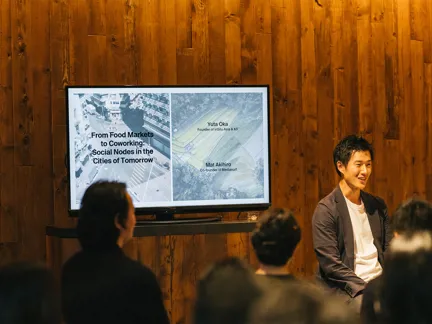
Oka: Everyone talks about urbanization—by 2050, the majority of the population will be living in cities and urban environments. That's probably very true. It's also true that technology is allowing people to pretty much live and work anywhere, which means that people are no longer trapped in cities. So if the city is too dense and crowded, and you're only able to afford a tiny micro unit, that doesn't mean that that's your life. You could always find work or a place to work outside of Tokyo—or even have dual living locations one or two hour outside of Tokyo by bullet train ride—or in the future, it could be automated driving. You finish work at 5:00 PM you enjoy drinks with your colleagues, you get home at 10 and then you hop in your car and sleep. Then in the morning you arrive at your home, right in the middle of nature. And maybe that's where you work for the next few days. After you recharge in the nature, you go back to Tokyo and into your urban environment—into a micro unit again. So I don't think a single location or a single consistent way of living will exist in the future. And hotels need to adapt. Workspaces need to adapt. Technology and freedom are already there. It's a matter of how developers, operators, and the creators behind hotels, co-working spaces and public spaces approach that demand from the public.
Oka: People are looking for a place to hang out, they want to find their own spot in town, not only in their traditional offices. Places like a hotel lounge, café, or co-working space. Those are exactly the places where you have everything you need to get your work done, and where you can also hang out with locals or international travelers, or people who you want to spend time with. Working outside of the office means that there is a very thin border between your work time and your private time. This allows both of those activities to play a more important role in a town.
Oka: Well take for example a recent project in Tokyo. It’s a hostel called Nui in Kuramae, in the eastern part of town. You would ask a person from Tokyo about Kuramae, and most people wouldn't know where it is. There are a lot of old factories and old office buildings, and not many people have lived there. But they renovated an old toy factory in Kuramae—the lounge has a two-floor vaulted space with a wide window. There's a hotel, a cafe, a stage where you can hold music events, jazz and speaking events, combined with the restaurant and bar. So this multiuse lounge creates a scene that never existed in that town, with backpackers checking in. Local people who work there are coming there to hang out with their colleagues and with travelers. Kuramae was known to be a traditional warehouse district; now it has turned into an up-and-coming destination, where people who look at the scene, the landscape of Nui, think that maybe they can do another coffee shop or a restaurant or little speakeasy in the back corridor. As a result, there are a lot of new shops. It’s become one of the top areas for land appreciation in Tokyo over the past few years. For me, that’s a great example of hotels and public spaces playing a role in neighborhood or city development.
Further Tokyo
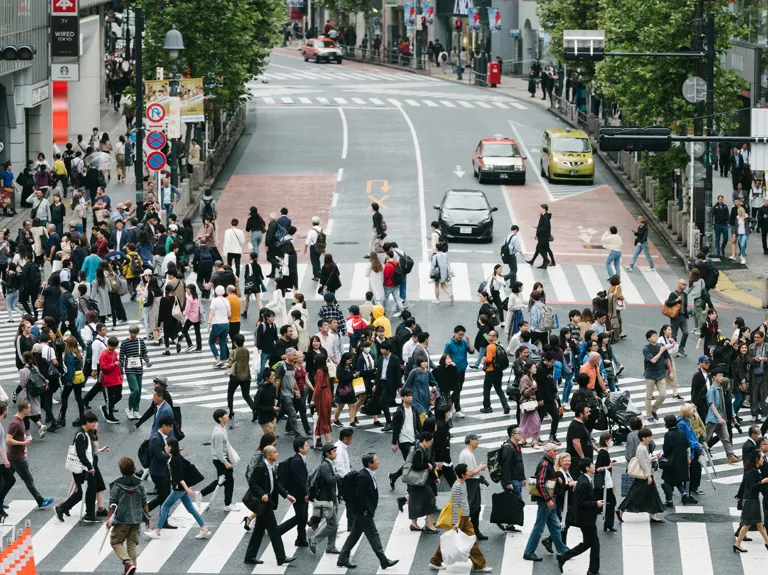
Further brought a group of architects, hoteliers and place-makers from across the Asian continent to Tokyo to explore new ideas about urban living and the cities of tomorrow.
Further Tokyo
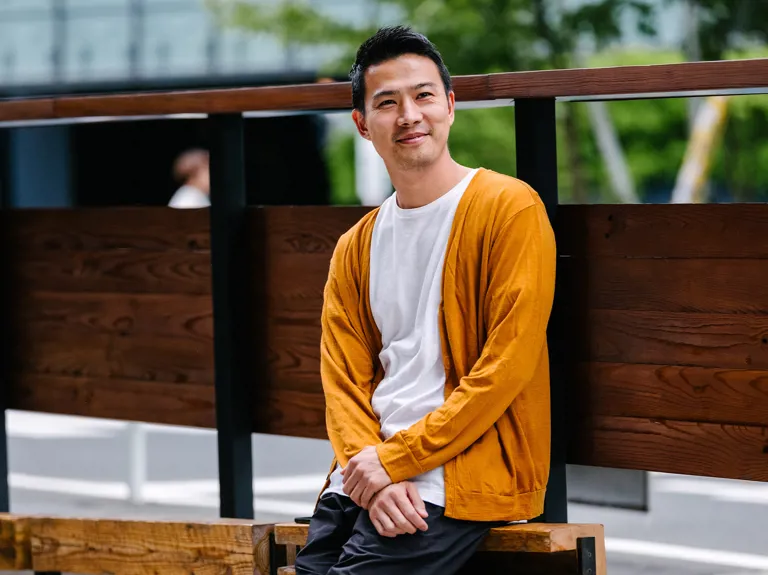
How do you increase quality of life within a neighborhood, a district, an entire city? Akihiro Matsui is on a quest to find out.
Further Tokyo
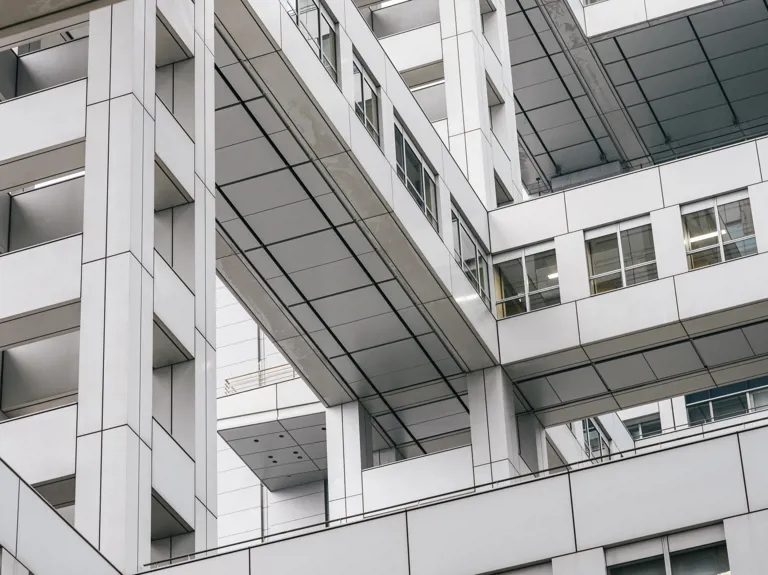
Prolific Japanese architect Paul Noritaka Tange is helping to transform the built landscape of Asia, carrying on the work of his father, Kenzō Tange, one of the most significant architects of the 20th century.